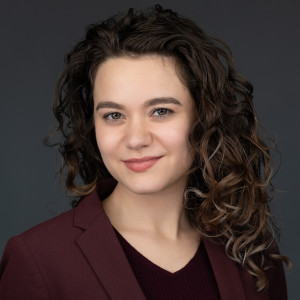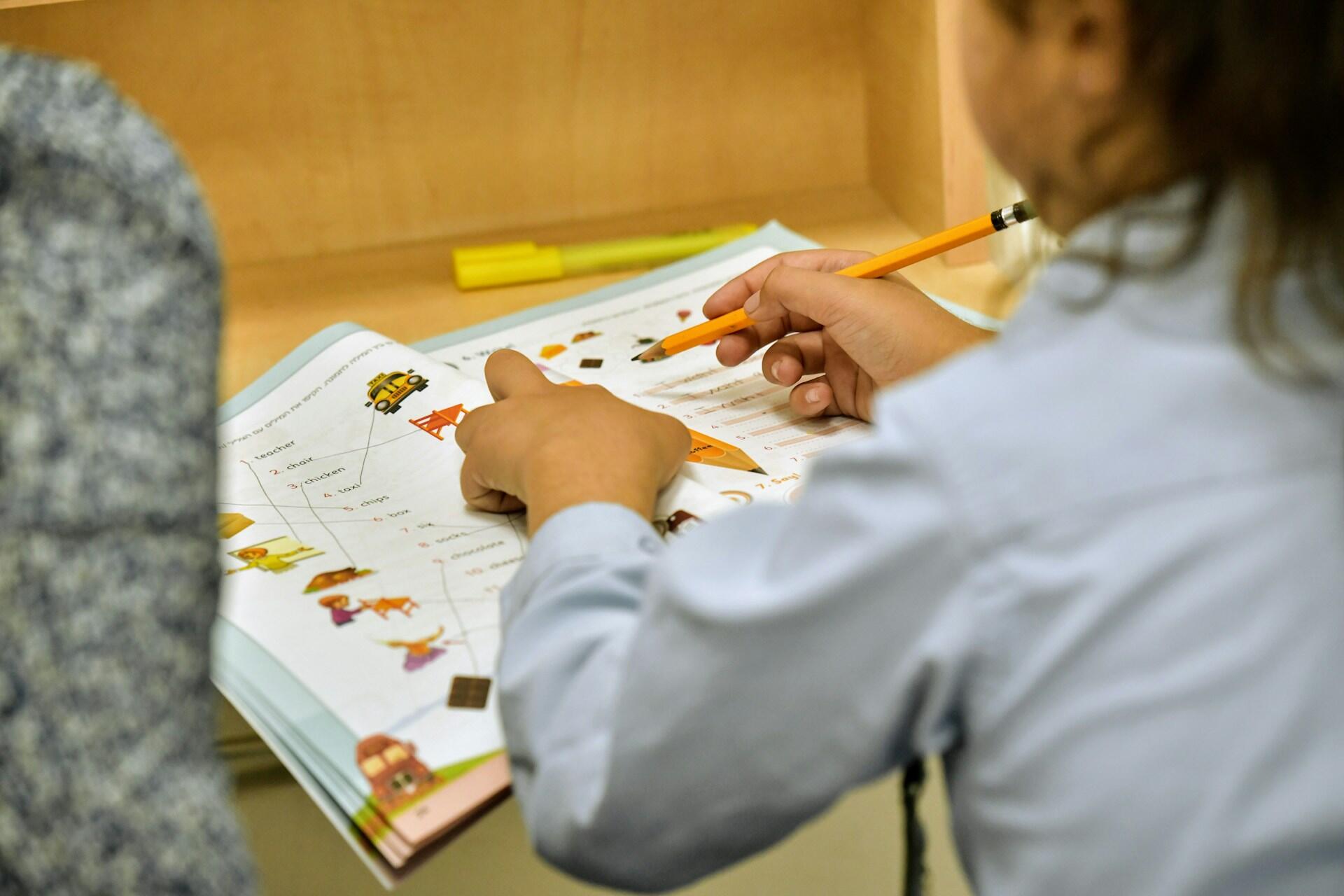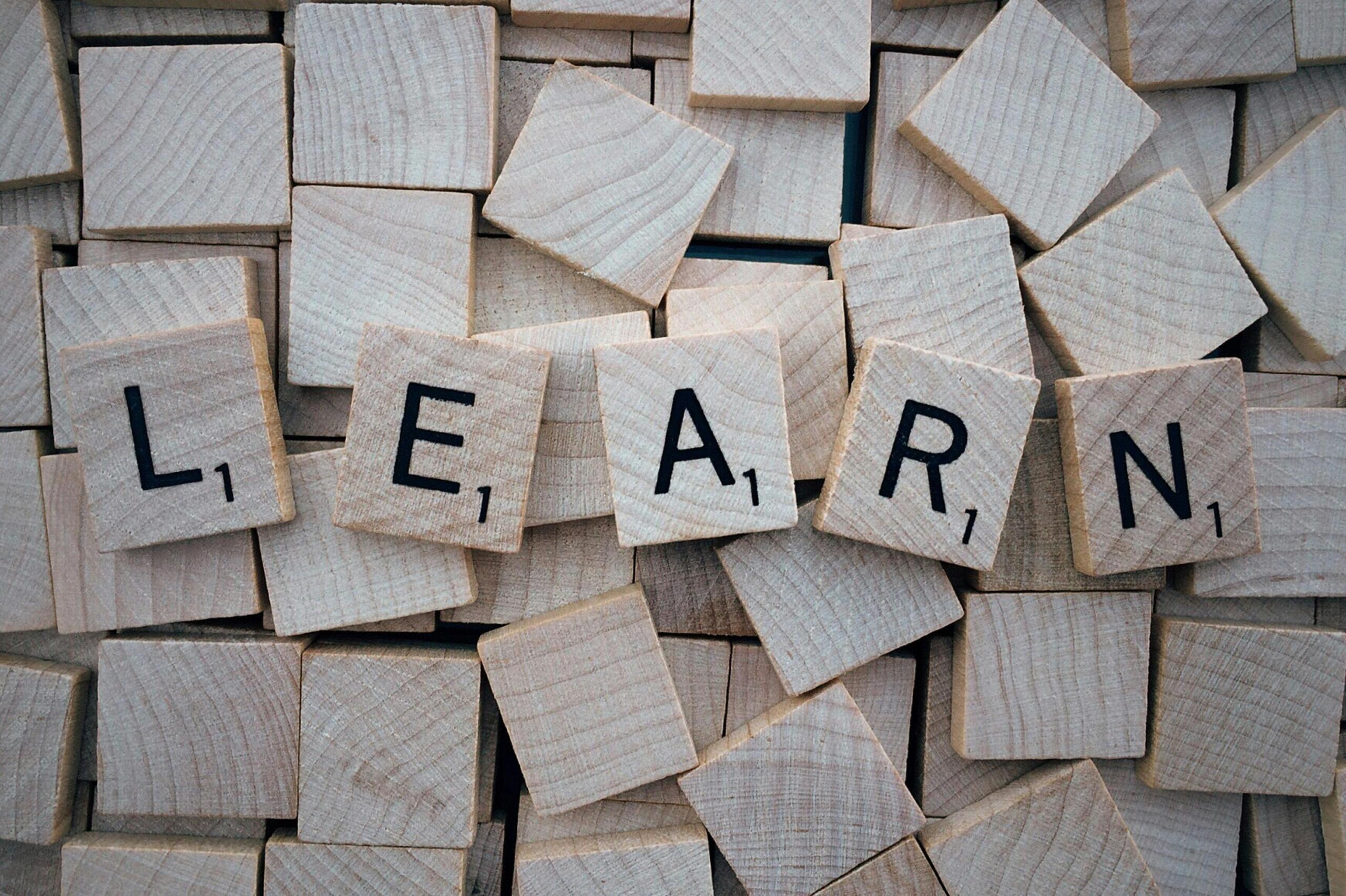With graduation in May, it's never been more appropriate to start thinking about the world of work. Unless you're moving on to postgraduate study, then you'll likely need to be thinking about your career outside of college.
In the past, a college degree meant walking straight into a job, but now things aren't so simple, especially if you're hoping to land a job in your field of study and earn a fair salary.
It might be worthwhile speaking to a career counselor at your college if you haven't already. Even if you have a fairly good idea of what you'd like to do, they can help you make the right decision or even suggest careers that you hadn't even thought of.
There's more to landing a job than just choosing one you like, though. You also have to apply for jobs and ace the interview just to be considered.
It's a good idea to make sure that your resume is up to date and tailored to the roles that you're applying for.
In this article, we've put together tips and tricks to get the most out of every interview and job application as well as how to improve your resume.

How to Write Your Resume
In case you didn't know, the word resume comes from the French word résumé, which means summary. That's exactly what yours should be, a succinct summary of who you are and what you've done professionally.
While the term is used interchangeably with CV and curriculum vitae in other parts of the English-speaking world, a CV is technically a longer and more detailed version of your resume.
Curriculum Vitae
(Latin: Course of Life)
Can be longer than 2 pages
Non-American English
Résumé
(French: summary)
Typically 1 or 2 pages
Used in North American English
For students, especially those about to graduate, putting together a resume is something that you'll need to do not only to land your first job out of school but simply to apply to jobs.
You'll want to ensure that your resume has a list of any other relevant jobs that you've already done, your skills, and the extracurricular activities that you've participated in during your academic career.
Naturally, if you've just graduated or are about to, you might not have a wealth of relevant professional experience or most of the skills required by certain jobs. So how can you even put together a good resume that potential employers would want to read?
In the absence of relevant work experience, you may want to list any volunteering that you've done. It doesn't matter if your volunteer work isn't particularly relevant to the jobs that you're applying for, it can show your potential employer that you have a strong work ethic since you're willing to work even if nobody's paying you.

To make your resume stand out, you may want to start it with some text about yourself explaining why you haven't done any other jobs. You don't need to explicitly say that you're looking for your first job. Instead, you can always explain how you've spent your time so far in full-time education to gain the relevant skills and experience needed for the jobs that you're applying to.
Writing a Cover Letter for Your First Job
In addition to putting together a resume for your first job, you'll often need to write a cover letter. Your resume should include lots of general information about yourself, any work or jobs that you've done, your education, and even your extracurricular activities and hobbies. Your cover letter, on the other hand, should contextualize all the information from your resume and explain why you're a good candidate for the jobs you're applying to.
Showing that you've researched the company that you're applying to is a good start. Your cover letter should essentially show potential employers that you understand the role that you're applying for and that you're right fit for the role.
Your cover letter is an opportunity for you to make a good first impression with potential employers, explain any other jobs or volunteer work that you've done, and show how the skills listed in your resume (especially if this is your first job) are useful to the role.

Adapting Your Resume and Cover Letter to Different Roles
Even if your resume is full of work experience and useful skills, you should adapt it to different jobs. Different companies are looking for different things and it's much easier to hire somebody who has a resume that checks every single box.
When applying to different jobs, look carefully at the job listing or post. They'll list the skills and experience that they're looking for so make sure your resume is representative of it.
Graduates looking for their first job won't necessarily have lots of relevant experience, but you can always tailor your resume, and especially your cover letter, to show off how you're the best candidate for the job.

If the role will have you working as part of a team, it'll be worth mentioning some of the sports teams that you played on, highlighting your role in the team, how you worked with your teammates, and any examples of leadership that came from this.
Finding Your First Job
As your time at school comes to an end and it becomes abundantly clear that you'll need to look for work, you might be wondering where you can even start looking for it.
Start by asking at your college, they'll likely have career services, career counseling, or a similar service or department. Similarly, your department and professors may also have information on potential work for graduates — many colleges and universities have connections with relevant businesses.
college graduates each year in the US!
You can also look to social networks, especially LinkedIn. After all, LinkedIn is the social network for professionals and you can start building a network of connections in your field of expertise and see who's hiring.
On social networks like LinkedIn, you can also see where other graduates from your school have ended up. It doesn't hurt to have the same alma mater as the person hiring you. Conversely, you might not want to brag about your college's latest sporting achievements to the person in charge of hiring if it's clear they're a fan of a division rival!
Even social networks outside of LinkedIn might be useful places to hear about job listings. Make sure you're connected with and following the right people so that you hear of job listings before anyone else and it never hurts to have a connection involved in the hiring process.
There are also plenty of websites listing jobs including:
- Indeed
- Glassdoor
- ZipRecruiter
- CareerBuilder
- Handshake
Online job portals or websites list thousands of different jobs and roles. You can search directly for the roles you'd like to do, read articles on the kinds of jobs that you can do with your college degree, or even filter roles and get regular email updates on certain roles as and when they're posted to the website.
General Interview Tips
Your resume and cover letter are certainly important. After all, if they have all the relevant information and make you look like a potential hire, you'll probably be asked to attend an interview.
It's during the interview that you'll probably land the job. It's becoming increasingly common for roles to require several interviews, be conducted in stages, and even have specific tasks or things for candidates to prepare.
Before you write or adapt your resume and cover letter, research the company that you're applying to. Carefully read the job description and role as this will explicitly say what's required of candidates and allow you to tailor your resume and cover letter to the role.

Once you've been given the interview, it's a good idea to practice common interview questions where you'll need to talk about yourself, your strengths and weaknesses, why they should hire you, and your salary expectations.
Remember that the person interviewing you is a person and won't be fooled by insincere answers to common questions. You can't say that you don't have any weaknesses or give a fake weakness like "working too hard". Instead, they'll want to hear you be honest about a weakness that you ideally overcame.
On the day of the interview, you should also be on time, appropriately dressed, enthusiastic, and confident. You're free to ask questions and given that most interviewers have had to ask the same questions again and again, it can help you to ask questions and make the interview flow better so that the interviewer is left with a memory of a good conversation where their questions were answered without even needing to ask most of them!
Writing a Thank You Letter or Follow Up
You don't necessarily have to write a thank you letter, but it can certainly help you in the process. Instead of thinking of this as a "thank you", consider it a follow-up to remind the interviewer of you and keep you fresh in their memories.

A quick follow-up, especially after an interview, is a nice and easy way to ensure they don't forget about you. Thank the interviewer for their time and be sure to ask them if there's anything else they need from you and even maybe when you could expect to hear back about the role.
Try to remain professional in the letter and focused on the role that you're applying for.
Of course, if you need help with professional development, writing a resume, or even interview techniques, one of the private tutors on Superprof could certainly help!
Summarize with AI:























